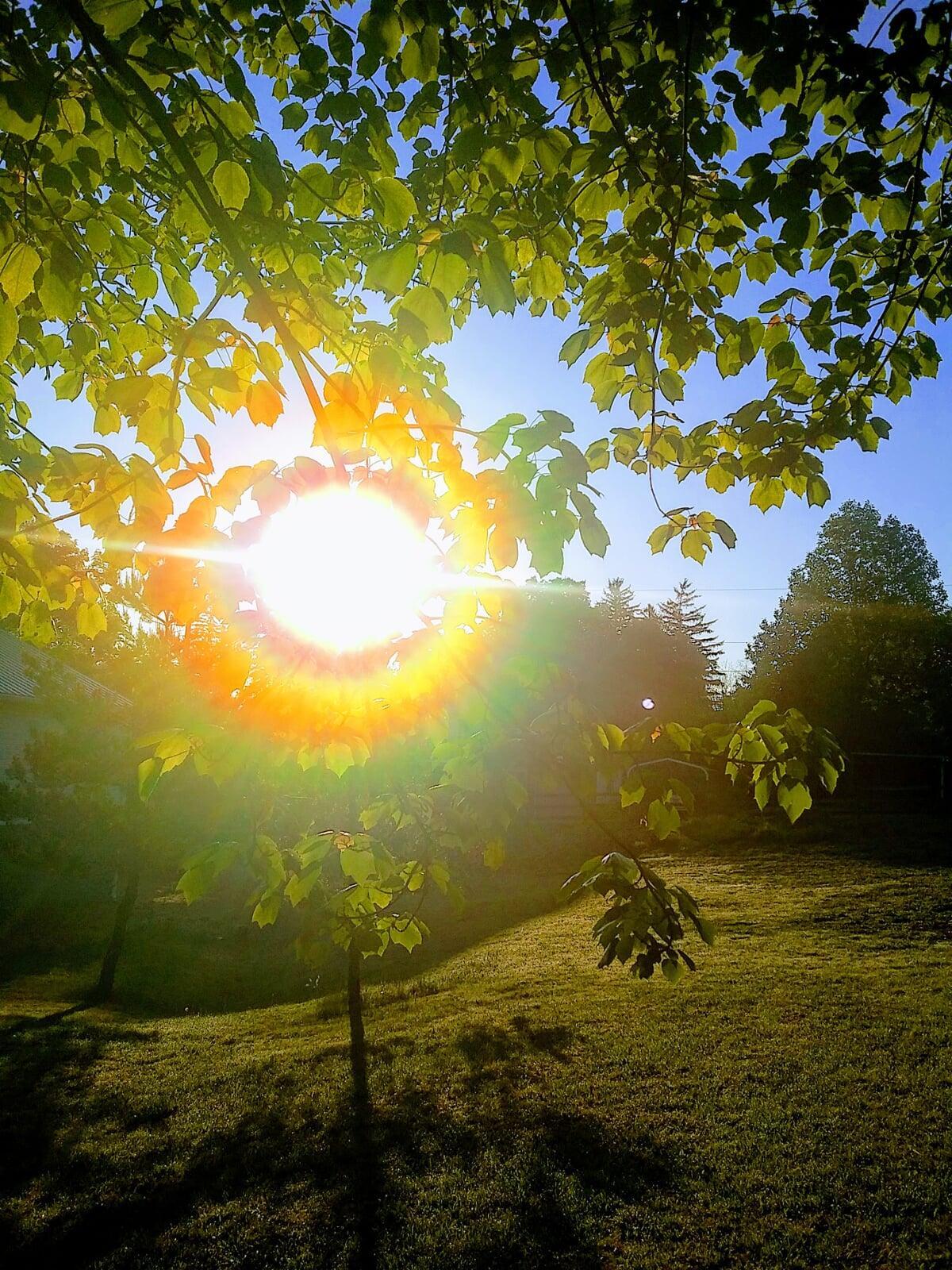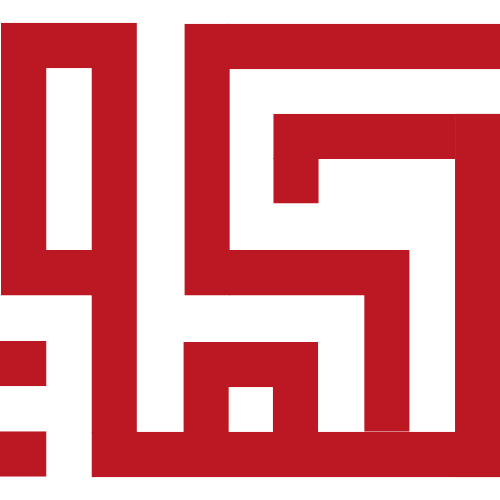There’s something deeply healing about gratitude. Modern psychology calls it “a mindset shift,” but Islam has been teaching shukr for over 1,400 years — not as a fleeting feeling, but as a way of life.
In an age when anxiety, comparison, and dissatisfaction are common, learning to say Alhamdulillah from the heart can transform not just your mood — but your entire mental landscape.
🌅 Shukr as a Spiritual Medicine
Allah ﷻ says:
“If you are grateful, I will surely increase you.”
📖 (Surah Ibrahim, 14:7)
We often take this as a promise of material blessing — more wealth, better health, easier days. But it’s also an emotional increase. Gratitude multiplies peace, resilience, and hope.
The Prophet Muhammad ﷺ said:
“Look at those below you (in wealth and status), and do not look at those above you, lest you belittle the favors Allah has bestowed upon you.”
📚 (Sahih al-Bukhari 6490, Sahih Muslim 2963)
This isn’t just spiritual advice — it’s profound psychology. Constant comparison is a major cause of unhappiness. The Prophet ﷺ taught us to shift our focus from what we lack to what we already have. That mental pivot alone can begin healing a heart weighed down by dissatisfaction.
🧠 The Neuroscience of Gratitude
Studies in neuroscience show that expressing gratitude rewires the brain — increasing serotonin and dopamine, the same “feel-good” chemicals released through medication or exercise.
When a person regularly practices gratitude, the brain begins to scan the world for positives instead of negatives. Over time, it becomes a natural habit of optimism.
In Dhikr and Du‘a, Muslims are taught to constantly return to Alhamdulillah — a word that carries both thanks and praise. Whether life is easy or painful, saying it anchors the believer in trust: “Even this moment has wisdom.”
That surrender is where true peace begins.
💫 Shukr in Difficult Times
Gratitude is easy when life is good. The real challenge is during pain — when blessings seem invisible. Yet the Prophet ﷺ said:
“How amazing is the affair of the believer! Verily, all of his affairs are good. If something pleasing happens, he is grateful and that is good for him; and if something harmful happens, he is patient and that is good for him.”
📚 (Sahih Muslim, Hadith 2999)
This hadith transforms how we view hardship — not as punishment, but as an opportunity for spiritual growth. Gratitude in pain doesn’t mean pretending everything is fine. It means recognizing that Allah’s wisdom extends beyond what we see.
Some of the most peaceful hearts belong to those who’ve suffered most — because they’ve learned to find blessings in small things: a sunrise, a prayer answered, a heart still beating.
🌷 How to Practice Shukr Daily
Here are a few simple ways to make gratitude part of your healing:
Gratitude Journal — Write three things each morning that you’re thankful for. Try not to repeat.
Alhamdulillah Moments — Say it out loud when something goes right — or even when it doesn’t.
Thank People — The Prophet ﷺ said, “Whoever is not grateful to people is not grateful to Allah.” (Sunan Abi Dawud 4811)
Night Reflection — Before bed, recall one challenge that turned out to be a blessing in disguise.
True shukr softens the heart, sharpens awareness, and draws us closer to Allah.
It’s not denial — it’s seeing reality through the lens of divine wisdom.
And maybe that’s what healing really is: learning to say Alhamdulillah even when tears still fall.

Gratitude is more than a feeling — it’s a form of healing. In Islamic and prophetic tradition, a thankful heart brings peace to the soul, balance to the body, and light to one’s path.
